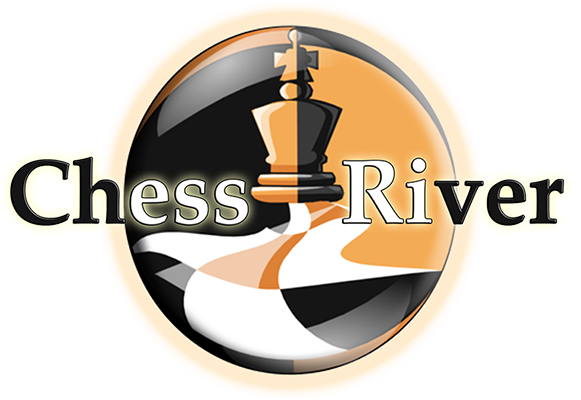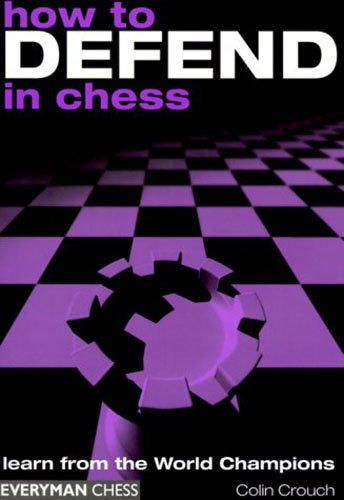Many books discuss how to attack in chess, but resourceful defensive play is also a vital ingredient in competitive success. This is an area largely neglected in the literature of the game.
This book fills the gap admirably. Following a survey of general defensive methods in chess, Dr Colin Crouch investigates the techniques of World Champions Emanuel Lasker and Tigran Petrosian, both highly effective defenders. Lasker would place myriad practical obstacles in the opponent’s way, and was a master of the counterattack. Petrosian developed Nimzowitsch’s theories of prophylaxis to a new level. His opponents would find that somehow their attacking chances had been nullified long before they could become reality.
About the Author
International Master Dr Colin Crouch is a highly experienced chess-player from England who has written well-regarded books about openings, endgames and middlegame theory.
Reviews
“Crouch has chosen ten games played by each of these players [Petrosian and Lasker] and subjected their defensive technique to close scrutiny. With Lasker it was essentially active defence, often the prelude to a sudden counter-attack, that was the distinguishing feature. Petrosian on the other hand adopted a more passive approach, stifling attacks before they could gain momentum. … the whole book is a timely reminder that chess is more than just attacking brilliancies. Defence, too, is an integral part of the game, and knowing when and how to defend can turn defeats into draws and, occasionally, into unexpected victories.” — lan Sutton, En Passant
“[Crouch] has examined the games and techniques of great defenders of the past, Emanuel Lasker, and Tigran Petrosian. This, of course, completely makes sense, and produces the head-slapping thought ‘why didn’t I think of that!?’ After all, when we want to learn an opening, we look at good players of that opening, and when it comes to attack, we study great attacking players. It figures that the same is true for defence, then. This being said, any idea no matter how great, must be strongly backed up in execution, and in my opinion Crouch does an outstanding job! … In short, any player looking to improve their defensive skills in chess (and let’s face it, we all could) would do no worse than begin with this book. You will find no statements of ‘when in position x, do y’ but you will get to see a glimpse of the minds of two of the greatest defenders of all time, and how they still managed to cause problems for their opponents (which is what defence is) under the most difficult circumstances. I offer my congratulations to its author, and whole-heartedly recommend it! Chess Gateway Rating: Queen – for not buying this book there is no defence!” — John Lee Shaw, www.chessgateway.com



